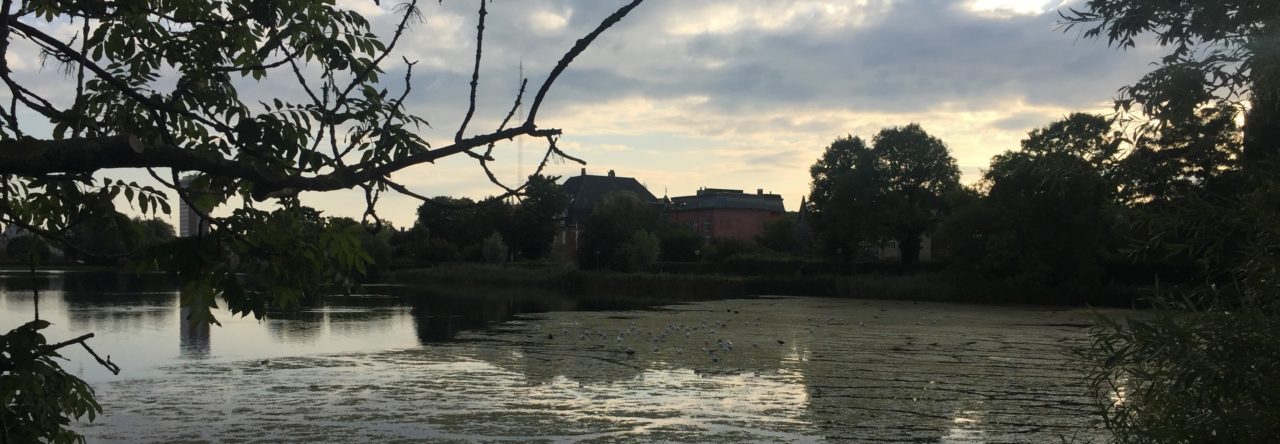I listen to a lot of instrumental soundtracks to movies and tv shows while I work. My favorites are typically the accompaniments to stories that take place in fantasy settings, and I think it’s because they emphasize a sense of adventure and determination to solve a problem or accomplish a goal. The concept of overcoming obstacles to see the success of something you believe in, or in order to survive, is something that powers my drive and work.
The planet is one thing I have always been passionate about: I was that girl in school who would make you recycle your empty Gatorade bottle, and if you didn’t do it, I’d transfer it for you. In college this manifested in my participation in environmental activism, and in 2015 I remember talking to a friend about how this topic seemed the most urgent to me because the state of our planet impacts everyone. A year later, “intersectionality” became the key word in NYU’s activist circles, which encouraged student groups to collaborate even further – we were looking at things through a systems point of view.
This line of thinking is actually what propelled me into my Masters degree. I kept thinking about climate change being the most urgent issue, the most pressing. In my opinion at that time, social change happened at a slow pace. Saving the planet needed to happen a lot faster.
But focusing on activism didn’t satisfy something I was looking for. It’s a necessary piece of the solution, certainly, but I knew looking forward that it wasn’t something I would feel satisfied with if it were my literal job to organize.
In January of 2016, I looked back a couple of years. I had a friend who left NYU in December 2013, and we kept in touch, but certainly I didn’t see him as often as I had. While he was at NYU we talked about education, which was his passion. He wanted to design new classroom settings, new ways of learning that would better suit those students that so often are left behind early in school. I was passionate about it, too, I just had a million other things zooming around my head.
After reflecting on these conversations, I realized that was what was missing: making changes in law and financial practice were important pieces of the puzzle, but it wasn’t the root of the problem. The root of the problem, I realized, impacts every issue we have today including climate change, health care, and poverty: it’s education.
Education can be an equalizer in terms of access to building critical thinking skills. The purpose of education is not only to distribute information or to help people discern between fact and fiction: it is to teach people to question. Question your sources. Question the material. Be critical in order to come to an understanding of what is subjective, and what is truth. Be brave enough to ask what truth even means.
His Dark Materials has now started airing on HBO, and though I did not read the trilogy as a child, I am reading it now and am excited to delve into another world where there is adventure and a complicated purpose. Based on some loosely reading a few articles (I’m trying not to spoil too much of the plot for myself), the themes of the book teach us to question authority. The song I am listening to on repeat this morning is the opening credit song of the new TV show, and based on Philip Pullman’s feelings on education and this theme on questioning, perhaps this song is exactly what I should be listening to.
